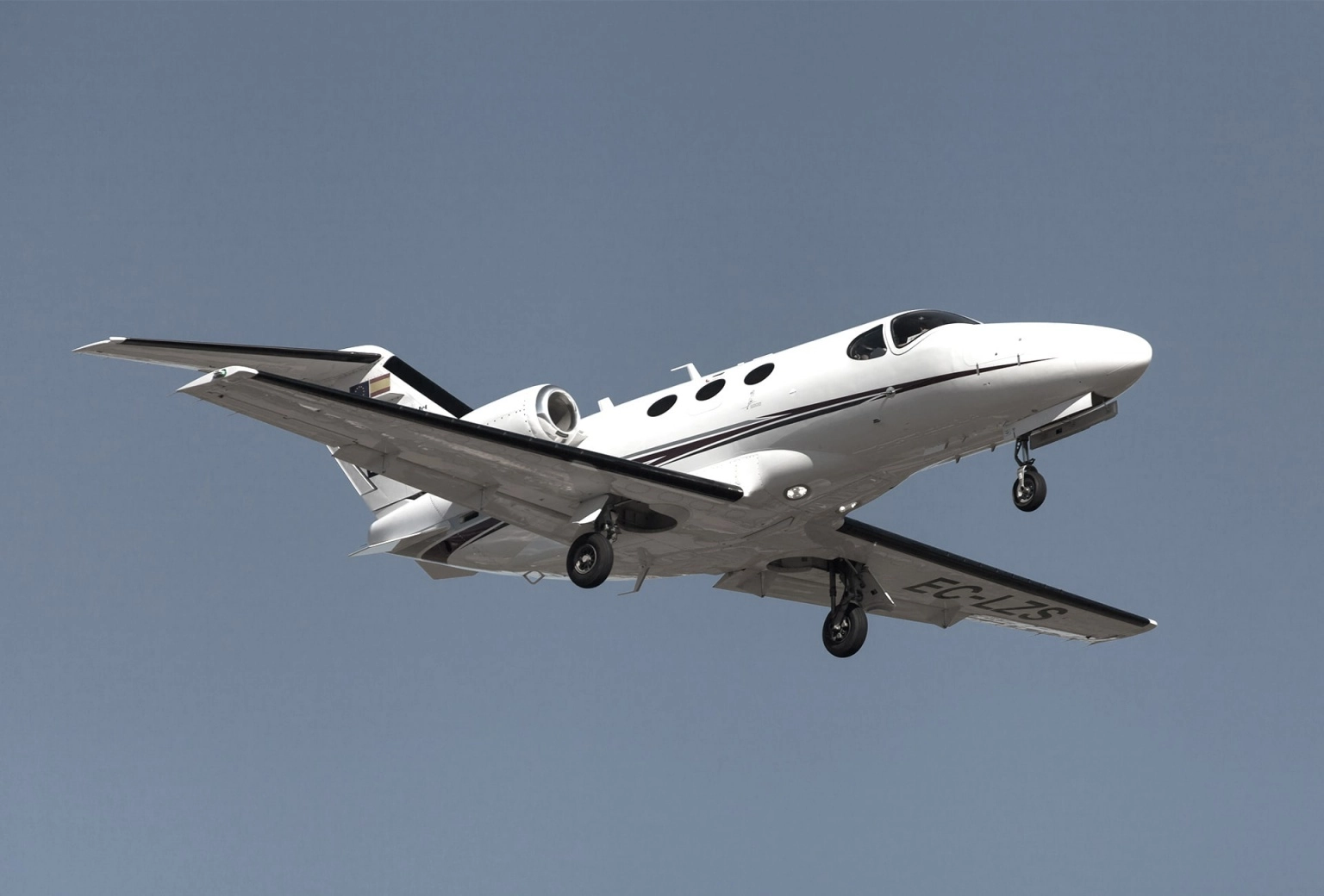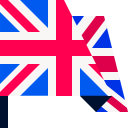
BSc (Hons) Aviation - Pilot Degree Programme syllabus
Year 1 - London Training Centre, UK
- Classroom and computer-based learning
- Students will be required to pass exams in 13 subjects to move on to Year 2 (Level 5) flight training
Year 2 - Orlando, Florida and Cranfield, UK
- Foundation flying (single-engine)
- Intermediate flying (single and multi-engine)
- Advanced flying (multi-engine)
- APS MCC (simulator-based training)
Year 3 - Once placed with an airline
- Aircraft type specifics
- Airline integration
- Research skills in aviation
- Industry-led project 1: Threat and error management
- Industry-led project 2: Risk management
- Skills and knowledge acquired in Year 3 will provide the basis for a career in aviation management













